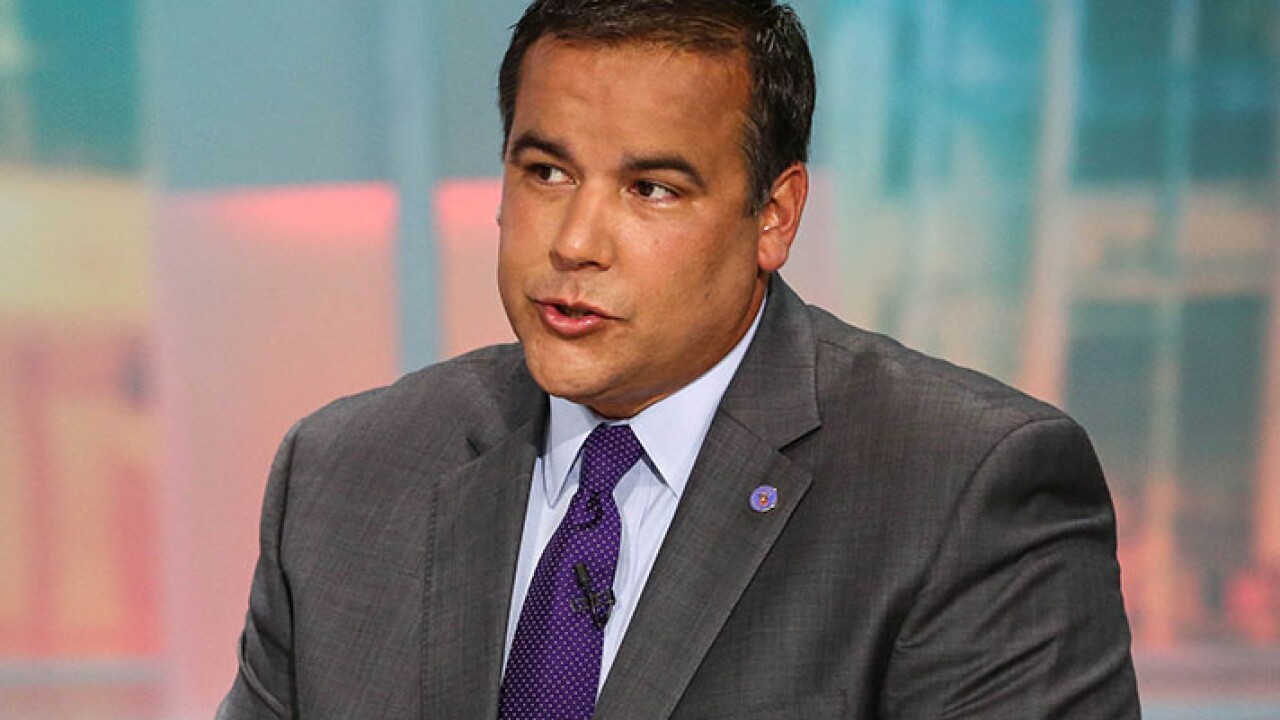Though California has systems to ensure that minority and women-owned bond firms are included on bond deals, request for proposal requirements can mean that smaller firms get stuck in “co-manager purgatory,” according to one participant at the California Public Finance conference.
The question arose during a panel moderated Tuesday by Natalie Brill, former Los Angeles debt manager and current chair of the National Women in Public Finance DEI Committee. DEI stands for Diversity, Equity and Inclusion.
California state and local governments have created debt management programs that foster the inclusion of women and minorities on bond sales. And the bulge bracket firms who participate on deals are encouraged through RFP requirements to create diverse teams, panel members said.

But RFP requirements that set a minimum number of deals or volume of deals for participants can prevent smaller broker-dealers from being the lead manager, they said.
“At the end of the day, the client or issuer needs to get the best transaction,” said panelist Carmen Vargas, a director at Barclays. “They have to make the best decisions on behalf of their board or council to select a team to get the job done. I do think it could be better done without minimum qualifications, because you are stuck applying for the co-manager spot, because you haven’t done X number of deals, or X size of deals.
“I think that will change, but there are some smaller minority owned firms that are working their way through the industry,” Vargas said. “I think it’s something that issuers should consider that would give firms the opportunity to work in the top slot.”
Panelists said there is much work to do even though California has made great strides to ensure that the people who work on the state’s bond deals are representative of its population.
“When I think about accountability in our industry, I don’t think we know what that looks like yet,” said Bianca Gaytan Burrell, senior director/analytical manager at S&P Global Ratings.
Burrell described S&P as an anti-racist company with many systems for hiring from internship to top positions designed to increase diversity. It’s good to have someone at the top who supports diversity hiring, but those programs are executed by middle managers and there needs to be buy-in at that level as well, she said, referencing a report S&P produced on diversity hiring.
“I think it is important to make sure that DEI is part of the company’s DNA,” she said.
Vargas, who has been a managing director at Barclays for a year, spent much of her prior career at minority owned firms.
“I have been at Barclays for less than a year, but they definitely walk the walk,” Vargas said. “Folks are really trying to put in the effort and work.”
One thing she has noticed as a broker-dealer is that sometimes companies will send in diverse hires with less experience for the tour, but then send in senior managers later to work on the deal. The younger people being hired that represent the firm’s diversity need to be included in the deal from start to finish, or they will never get the experience to move up the ladder, Vargas said.
“When you put women and minorities in positions, you don’t take them out mid-financing,” she said. “You put them there, and you keep them there.”
Vargas also said that people in the industry need to also give credit to allies. She worked with Tony Hughes at Citi and he encouraged her to apply for the job at Barclays, and he is a white man.
“Decision makers, even at a recruiting level, don’t have to be diverse,” Vargas said. “We haven’t talked about ally-ship a lot. For me, as some of you may know, I work for Tony Hughes. He was a manager at Citi I worked for, and is now a managing director at Barclays. He is great at giving folks encouragement.”
The goal Vargas said is to give opportunities to people who are both qualified and diverse.
“We want to encourage opportunities for men, women and minorities to excel and stay in the industry,” Vargas said.
Diversity in leadership does help encourage younger people to stay in the industry, because they then see that if they work hard they too can have that opportunity to move up the ladder, she said.
Formal mentorship is critical, and diverse leaders may not be available in the upper echelons, but sometimes people hesitate to mentor people who don’t have the same background they do, and that needs to change, said Grace Yuen, managing director of Siebert Williams Shank & Co.





